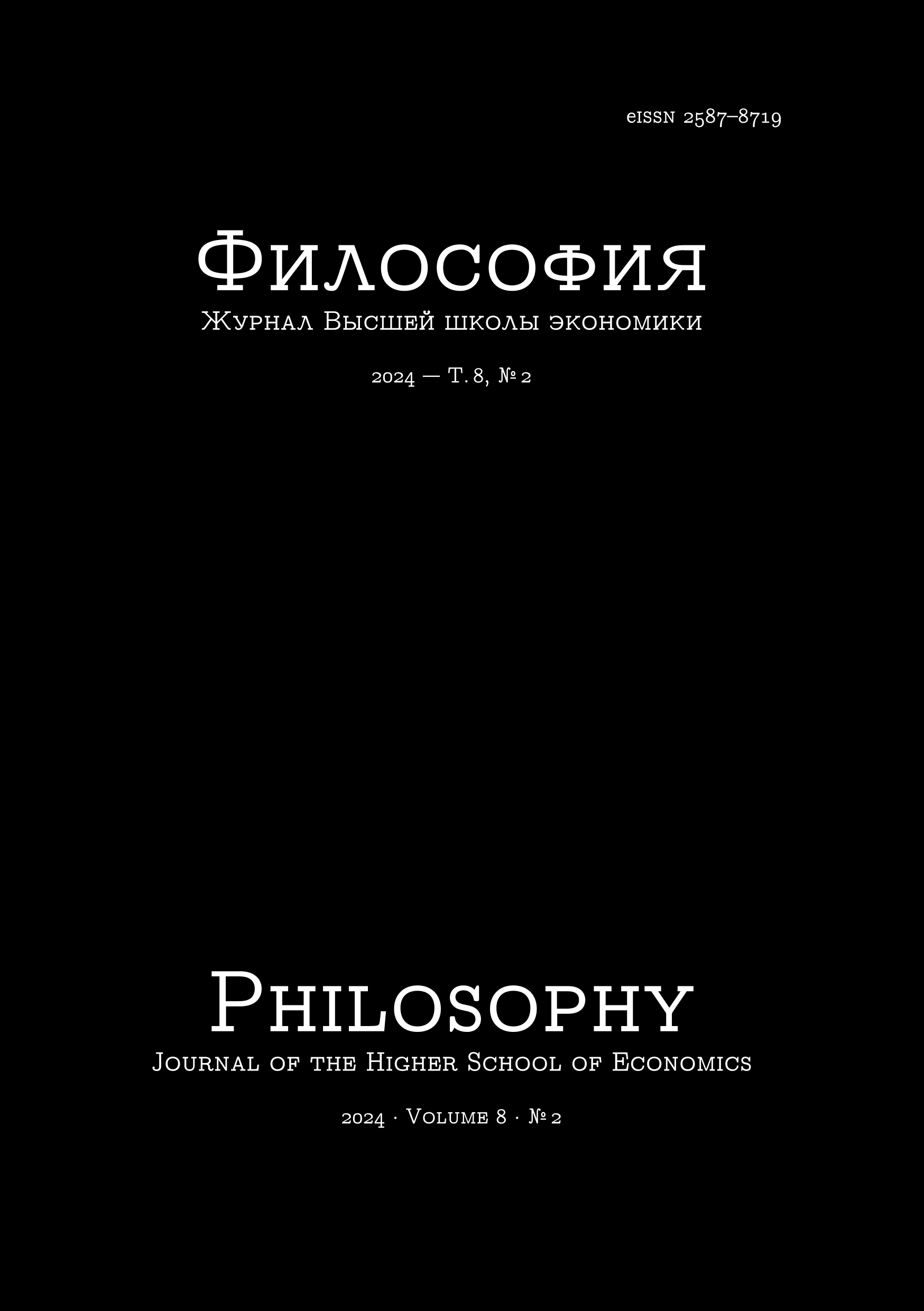Origins of Agnosticism
On the Translation of T.H. Huxley's “Agnosticism” (1889)
Abstract
Through the analysis of modern discourse surrounding agnosticism in Russian academic literature we can see that the meaning and usage of the term has been complicated by the convoluted history of its interpretation. A number of authors draw attention to the uncertainty or even meaninglessness of the concept of “agnosticism” in modern texts. The examination of the article “Agnosticism” by T.H. Huxley, the author of the term itself, would be therefore productive. Drawing on Huxley`s work, we examine the history of the emergence of agnosticism and the connection of “Agnosticism” the article with the modern state of the term's theoretical understanding. First of all, we discuss the question of the origin of current interpretations of agnosticism in Russian-language and foreign-language literature. In addition, the article provides a brief overview of the modern understanding of this phenomenon. Next, we examine three key aspects that determined the initial role and meaning of the concept in Great Britain at the end of the 19th century. Here we talk about the social meaning of agnosticism as a useful shield against accusations of atheism and persecution from the conservative public. We then describe agnosticism as an expression of scientific rationality, closely related to the tradition of British empiricism. A significant aspect of this consideration is the fact that the agnosticism of T.H. Huxley relies on a number of theoretical innovations that the philosophy of science conceptualized at the beginning of the 20th century, such as the probabilistic approach to knowledge, falsification and verification. Last, we examine several connections between agnosticism and various directions and authors of European philosophy. In particular, we analyze the relation between agnosticism, David Hume and Immanuel Kant.
Downloads
Copyright (c) 2024 Philosophy Journal of the Higher School of Economics

This work is licensed under a Creative Commons Attribution-NonCommercial 4.0 International License.






